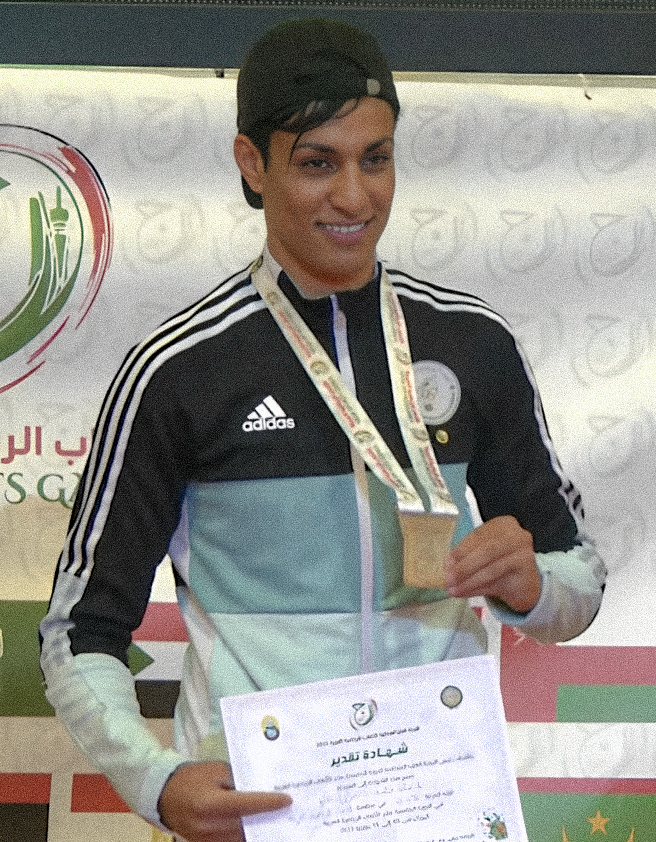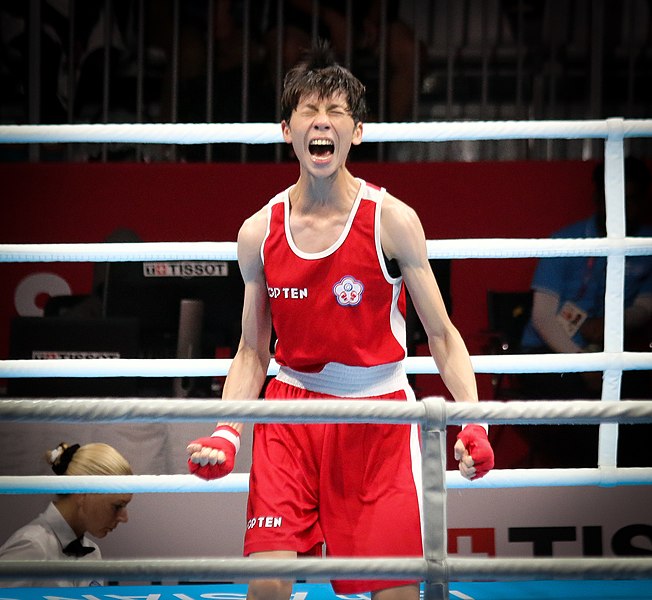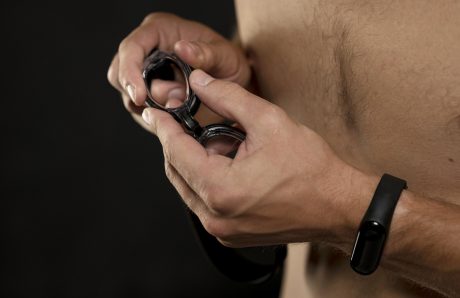
The Paris Olympics took place from July 26, 2024 to August 11, 2024 in France. Known as the biggest traditional celebration in the world of sport, it made a lasting impression. In addition to the memorable performances by sports professionals, the public and observers were able to remember the beautiful opening and closing ceremonies with the staging of monuments, bridges and cultural establishments lining the Paris Seine. However, one fact marred this sporting extravaganza. Gender issues were at the heart of the Olympic debate. Algerian boxer Imane Khelif and Taiwanese boxer Lin Yu-Ting were attacked for their gender. Want to find out more? In the following lines, we’ll tell you all about it.
Athlete Imane Khelif wrongly accused of being male or transgender
Algerian athlete Imane Khelif has been the victim of attacks on her gender. In the first round of the Paris Olympic Games, she faced Italian boxer Angela Carini. After 46 seconds of combat, the Italian boxer withdrew following a blow to the nose. The withdrawal sparked controversy. And Angela Carini received the support of several far-right political figures, denouncing Imane Khelif’s participation. According to the head of the Italian government, “the fight was not on an equal footing”, while Imane Khelif’s trainer declared that “all this controversy gives her strength to move forward”.
On Twitter, now X, other personalities such as Elon Musk, Jake Paul and J K Rowling disputed Imane Khelif’s presence at the Paris Olympics, declaring that the Algerian is a man. It was later revealed that beyond the Olympic stakes, the Imane Khelif affair was purely political. Indeed, at a Security Council session on women’s rights on August 7, 2024, the Russian representative revealed that during the Paris Olympics “women boxers were subjected to public violence by athletes who failed the International Boxing Association hormone test and who are men.”
The Algerian reaction was swift, for in the same session, the Algerian representative countered the Russian claims by declaring that my country’s delegation did not wish to see politics and sport mixed up, particularly during the Olympic Games currently taking place. He pointed out that the Algerian authorities had heard a clear reference to a champion athlete from their country. He went on to point out that the courageous boxer Imane Khelif was born a girl, lived her childhood as a little girl and practiced sport as a full-fledged woman, and he reaffirmed that there is not the slightest doubt about this, except for those with a political agenda whose purpose is unknown. Despite all these prejudices, boxer Imane Khelif went on to win the gold medal at the Paris Olympic Games.

ALGÉRIE PRESSE SERVICE | وكالة الأنباء الجزائرية , CC BY 3.0, via Wikimedia Commons
Athlete Lin Yu-Ting, her gender identity called into question
Right from the start of the competition, many boxing observers denounced the presence of athlete Lin Yu-Ting. The reason given was that his genetic profile was incompatible with the fair running of the bouts. Furthermore, at the 2023 World Championships, the boxer was disqualified by the IBA (International Boxing Association). Without giving further details of the tests carried out, the IBA had declared that she had failed to comply with the eligibility criteria for taking part in the women’s competition.
However, the IOC (International Olympic Committee) disagreed with the IBA and overruled boxing’s governing bodies, declaring that “born a woman and raised as a woman” Ling Yu-Ting was eligible to compete at the Paris Olympics. Despite this declaration, she has been the victim of unpleasant comments from numerous personalities. According to them, she is a transgender sportswoman. In other words, male athletes who have undergone a sex change and take advantage of their new gender to dominate in women’s competitions. As a result, the IOC has advised that if the IBA remains boxing’s governing body, it may not feature at the 2028 Los Angeles Olympics. Despite all the controversy surrounding her, boxer Lin Yu-ting won the Olympic gold medal in her category with a score of five to zero.

宋育廷, CC BY-SA 4.0, via Wikimedia Commons
Gender-based violence
The causes of gender-based violence can be cultural, political, social or economic. It refers to any action that harms a person because of their sex, gender, etc.
Gender-based violence is a violation of human rights
Gender equality, the prohibition of discrimination based on sex and the protection of physical integrity are human rights protected by the Universal Declaration of Human Rights. The United Nations has adopted specific instruments and measures to step up the fight against violence and discrimination against women. Indeed, gender equality and gender-based violence are addressed primarily by human rights instruments such as the European Convention on Human Rights and the European Social Charter. Note that one of the most widespread human rights violations is gender-based violence.
Gender-based violence threatens a person’s physical and psychological integrity.
Gender-based violence is an affront to human dignity, as it deprives victims of their human rights. It undermines self-esteem and affects the victim’s physical and mental health. It can also lead to self-harm, isolation, depression and, worse still, suicide attempts.
If you’re a woman and you’re the victim of prejudice about your looks or anything else, ignore all the criticism and fight for your dreams like boxers Imane Khelif and Lin Yu-ting. They are an example of resilience and courage, so don’t give up! You’re lionesses.







